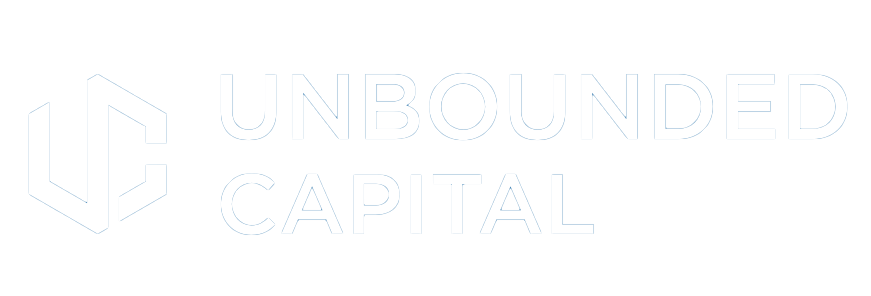Last week the Commodity Futures Trading Commision (CFTC) filed a complaint against Ooki DAO a so called “decentralized autonomous organization” for unlawfully engaging in activities without proper registration and violating know-your-customer (KYC) diligence requirements and regulations on customers.
The defendant in action is listed as “Ooki DAO (formerly d/b/a bZx DAO), an unincorporated association” which is described as a class comprised of the DAO’s token holders who voted with their tokens to govern the protocol.
It appears that from the perspective of the CFTC, governing the protocol is analogous to operating the business. Because the business was operating in violation of US laws, the voting token holders (read: business operators) are liable for associated monetary damages. Worst of all for these defendants, they are not protected by commonplace legal structures which limit liability like LLCs or Corporations. On the bright side, the monetary penalties in this case are only $250,000, a relatively small amount in an industry headlined by runaway market caps, but the precedent this action establishes is devastating for the notion that “decentralization” offers legal immunity, despite it being a (if not the) core tenant of the vast majority of the cryptocurrency/blockchain industry which has inflated our ongoing decentralization bubble.
When reading the CFTC complaint, one thing that stands out is the combination of brazenness and naivety on the part of Ooki DAO’s founders. In one section, the complaint describes the founders objectives when transferring control of their once centralized protocol to a “decentralized” alternative.
In the DAO founders defense, their move to “decentralize” the protocol did somewhat accomplish their goal of “giving it all to the community”. Unfortunately for the community, part of what they were given was unlimited liability as a member of an unincorporated association. The irony of the story, of course, is that everyone on the receiving end of this CFTC action would have been better off had they opted for the tried and true methods of limiting liability, like establishing an LLC, rather than attempt to innovate something complex and novel in vain.
Because the DAOs founders (and likely users) imagined themselves technologically immune from law enforcement, they were especially brazen about the fact that their product was in violation of industry standard regulation, even bragging that this lack of compliance was core to their value proposition.
There are possible universes where this would simply be an unfortunate one-off story of enthusiastic anarchist technologists who got in over their heads and truly believed their own marketing that they had innovated a way around needing to operate a compliant business. This, however, feels much bigger. Bigger because the foundational notion that blockchain/cryptocurrency’s alleged “decentralization” provides a technological get-out-of–jail-free card is a MASSIVE delusion shared by virtually all entrepreneurs, investors, academics, journalists, users and others involved in (and leading) the industry.
As the CFTC plainly stated in their complaint “DAOs are not immune from enforcement and may not violate the law with impunity.” This statement should be so obvious that it is not worth stating. It is also true of all other “decentralized” technologies like BTC, ETH, and the rest of the blockchain industry. Nonetheless, for many, it is not an obvious statement, but a provocative and even heretical one. Over time this will change. For investors and entrepreneurs in this space, the sooner it does, the better.
So what does this mean for you? If you are an entrepreneur building in this space or an investor allocating capital to it, this means that you should ensure your projects have a value proposition beyond “decentralization”, “censorship resistance”, or other euphemisms for the ability to evade law enforcement. Investors should also be weary of technologists who claim they have innovated a solution to provide this, even if the technologists truly believe they have.
At Unbounded Capital we have long warned about this type of legal naivety which we have witnessed dominating the crypto and blockchain industry. We once believed that blockchain provided this type of censorship resistance ourselves - and, like most of our peers maintain today, we believed that the core value proposition of blockchain was the ability to decentralize everything. Our discovery was that the technology’s application for legitimate, compliant businesses as a hyper efficient and scalable solution for payments and data use cases presents an even greater opportunity with far more potential. We hope after this news we see more people make the jump that we did: blockchain can’t and won’t allow people to ignore existing laws and regulations, and this is a good thing. Without a myopic focus on censorship resistance, the possibilities of what blockchain can do to make the world a better place are unbounded.





